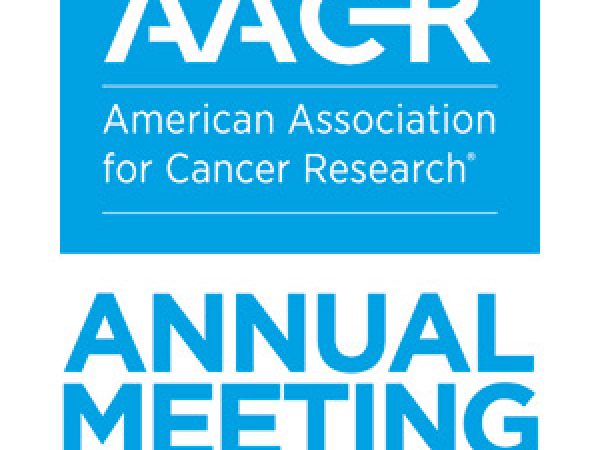Give Thanks During National Postdoc Appreciation Week
Early-career scientists are the future of cancer research. Those who reach the postdoctoral level have already shown their extraordinary commitment to advancing the field. The American Association for Cancer Research (AACR) is proud to be a sustaining member of the National Postdoctoral Association, which is celebrating the Fifth Annual National Postdoc Appreciation Week this week. On behalf of the organization, I would like to thank all of the AACR’s associate members who are either working toward or currently in their postdoctoral appointments. Their contributions are invaluable to accelerating our mission to prevent and cure cancer. We extend this appreciation to not only PhD students and postdocs, but also those pursuing MDs and in clinical fellowships.
Here at the AACR we acknowledge the many new and enduring challenges that face today’s early-career postdoctoral investigators, and we are dedicated to enriching and sustaining the work of these vital contributors to the field of cancer research. Too often we see talented young scientists leaving careers in cancer research, depriving the field of their current talents and contributions as well as all their future discoveries. By helping associate member postdocs meet their challenges today, we provide them with a critical opportunity to become the experts of tomorrow.

Robert H. Vonderheide, MD, DPhil, addresses early-career scientists during the AACR Annual Meeting 2014.
Throughout the postdoctoral phase of a researcher’s career, the AACR offers a reduced membership fee while providing support and career development opportunities. We focus on associate members at our Annual Meeting and at various special conferences throughout the year by providing session tracks specifically geared toward professional advancement, such as an annual grant writing workshop, professional advancement sessions, and career mentoring sessions. We encourage all associate members to take advantage of these opportunities, to seek out leadership roles in the AACR, to apply for our research grants, and to expand their networks by attending and actively participating in our meetings, educational workshops, and special conferences.
In addition to celebrating the contributions of postdocs, this week is also an important milestone in the AACR’s efforts to make cancer research a more sustainable career for all investigators. On Sept. 16, we will release the fourth annual AACR Cancer Progress Report. This report chronicles the recent progress that has been made against cancer, and it issues a call to action to Congress and the administration to put the budgets of the National Institutes of Health (NIH) and National Cancer Institute (NCI) back on a path of predictable growth by providing annual budget increases at least comparable to the biomedical inflation rate. On Sept. 18, we will join with more than 200 organizations to bring this message to Congress during the Rally for Medical Research Hill Day. By making support for the NIH and NCI a national priority, we will ensure that more postdocs can receive the critical funding that will sustain their careers in lifesaving cancer research.
We are inspired by the progress that our members have made against cancer and are grateful to the postdocs for their crucial role in the process. While the AACR provides education and training programs for our postdoc associate members, it is their mentors who support them on a daily basis who are essential to their long-term success. As we celebrate the contributions of postdocs this week, I encourage all department heads and principal investigators to renew their commitment to educating and inspiring the postdocs on their research teams. Postdocs are the future of cancer research. We must continue to protect that future so that we can look forward with excitement to the next wave of breakthroughs that will transform the lives of cancer patients.



